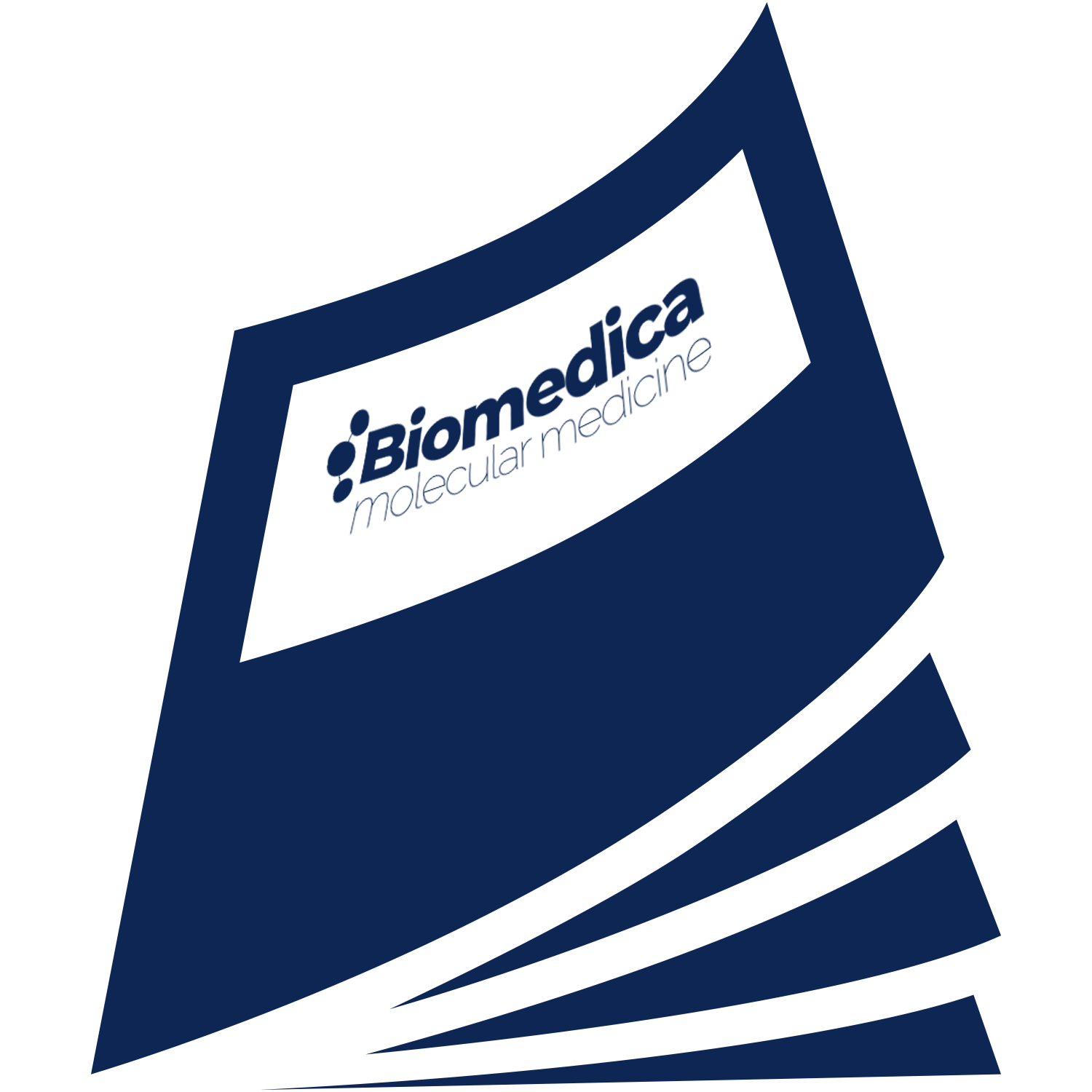Trilla-Fuertes et al.
TRANSLATIONAL ONCOLOGY 15 mayo, 2020
Anal squamous cell carcinoma (ASCC) is a rare neoplasm. Chemoradiotherapy is the standard of care, with no therapeutic advances achieved over the past three decades. Thus, a deeper molecular characterization of this disease is still necessary. We analyzed 46 paraffin-embedded tumor samples from patients diagnosed with primary ASCC by exome sequencing. A bioinformatics approach focused in the identification of high-impact genetic variants, which may act as drivers of oncogenesis, was performed. The relation between genetics variants and prognosis was also studied. The list of high-impact genetic variants was unique for each patient. However, the pathways in which these genes are involved are well-known hallmarks of cancer, such as angiogenesis or immune pathways. Additionally, we determined that genetic variants in BRCA2, ZNF750, FAM208B, ZNF599, and ZC3H13 genes are related with poor disease-free survival in ASCC. This may help to stratify the patient’s prognosis and open new avenues for potential therapeutic intervention. In conclusion, sequencing of ASCC clinical samples appears an encouraging tool for the molecular portrait of this disease.


